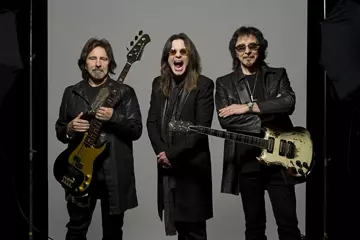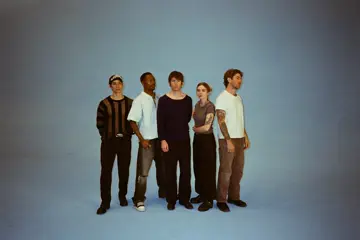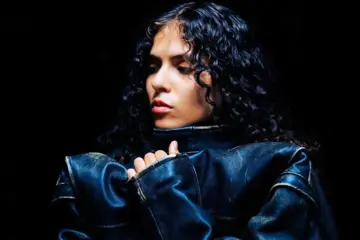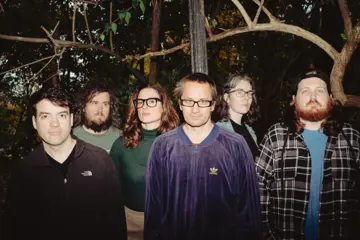Lapsley, the English electronic singer-songwriter, had two noble qualities in mind when she set out to record her debut LP, Long Way Home: "truthfulness and honesty". Speaking from Los Angeles, where she relocated in 2015, 19-year-old Holly Lapsley Fletcher lays out her devotion to candour. "I wanted to be able to say, at the end of the album, not only that I'd tried as best and as hard as I could, but also that I didn't lie to anyone, or lie to myself. I wanted to be as truthful as possible, in every way."
Growing up in Southport, outside of Liverpool, Fletcher took influence from both her father's work in sustainable development (she had an early childhood obsession with nature documentaries, and harbours a deep interest in climate change) and her parents' record collections. Amongst old jazz records and English post-punk acts, she was mostly drawn to Joni Mitchell; Blue is an album, and a song, that still resonates with her.
"I prefer the male tone. I'm way more into male vocalists than female ones. I wish I had a more androgynous voice like Ella Fitzgerald."
"I really connect to [songwriters] who, rather than just talk about their feelings, use a concrete metaphor, or a colour, or something connected to tangible imagery," says Fletcher. "Talking about relationships, you don't want to describe them directly. But if you describe them with an image — like the feeling of being in quicksand, slowly sinking, or being stranded up on a cliff — then you can convey how it is that you're feeling."
On Long Way Home, Fletcher often uses pitch-shifted vocals, to offer a different 'voice' in her songs. "I can use that to convey a different person, a different opinion, or a different point-of-view," she says. "But, I also must admit, I prefer the male tone. I'm way more into male vocalists than female ones. I wish I had a more androgynous voice like Ella Fitzgerald. But, unfortunately, I have a very girly voice."
Don't miss a beat with our FREE daily newsletter
Fletcher's voice has garnered comparisons to Adele, but on her early EPs 2013's Monday and 2015's Understudy, she was initially hesitant to put it to the fore. "Coming from being primarily a writer and a producer, I knew that as soon as I put more vocals on my songs I'd be immediately classed as a vocalist," Fletchers says. "If you're a young girl and you sing, you're instantly associated with those fresh faces that're created by labels, that have this team of 20 writers behind them. Like you can't possibly be a producer and a writer and sing.
"If you're a woman, people just assume that you can't do it all yourself. I don't get mad at people for that. It's not their fault. They're just expecting the norm. Because too many weak women have succumbed to label pressures, have listened to people telling them, 'This is the best producer, the best writers; this is what is best for you.' It can be hard to have the confidence to stand up against that.
"There's not that many women in the music industry that write and produce and sing. But I want to change that. I want to be respected for all the work that I put in in the same way that a guy would. A guy doing the same thing would automatically be respected. Until that's the case for women as well as men, I'll keep fighting. Only then will I stop the rant."















